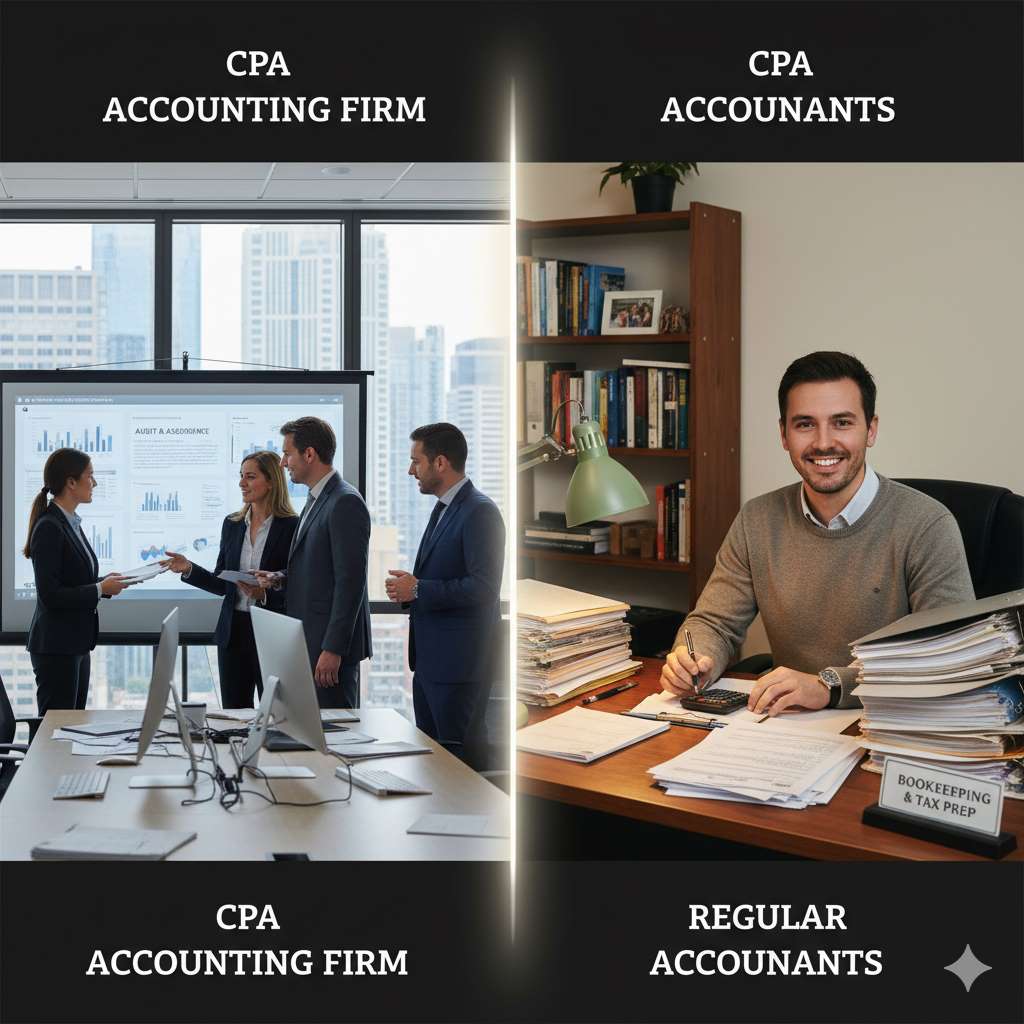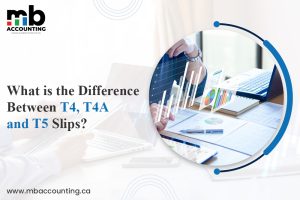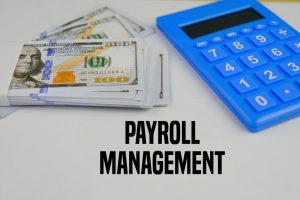When it comes to managing finances, individuals and businesses often face a common dilemma—should they hire a regular accountant or work with a Certified Public Accountant (CPA)? On the surface, both professionals handle financial records, taxes, and compliance. However, their qualifications, scope of work, and level of accounting expertise differ significantly.
Understanding the distinction between a CPA and a vs accountant can help you make informed decisions about your financial needs, whether you’re an individual filing taxes or a company navigating complex financial regulations.
What Is a Regular Accountant?
A regular accountant is someone trained in bookkeeping and financial management. Accountants may hold a degree or diploma in accounting or related fields, and their main role is to prepare financial statements, maintain records, and ensure accuracy in reporting.
They are essential for day-to-day financial activities such as:
-
Tracking expenses and income.
-
Preparing basic financial reports.
-
Filing personal or business taxes.
-
Ensuring compliance with local regulations.
While accountants provide valuable services, their work may not always extend to more advanced areas like auditing, financial forecasting, or complex tax planning.
What Is a Certified Public Accountant (CPA)?
A certified public accountant is a licensed professional who has met strict educational, examination, and experience requirements set by state boards in the U.S. CPAs are considered the gold standard in accounting.
Their qualifications allow them to perform advanced financial services, including:
-
Conducting audits for public companies.
-
Representing clients before the IRS.
-
Offering advanced tax planning and advisory services.
-
Providing assurance on financial statements.
Because of their licensing and advanced training, CPAs are highly sought after by businesses seeking credibility and assurance in their financial reporting.
CPA vs Accountant: Key Differences
Here are the most important distinctions between a CPA and vs accountant:
1. Education and Licensing
-
Accountant: May have a bachelor’s degree in accounting or a related field. No licensing is required to practice basic accounting.
-
CPA: Must pass the Uniform CPA Exam, meet experience requirements, and maintain ongoing continuing education to keep their license.
This difference ensures CPAs have deeper accounting expertise and stay updated on changes in tax law, auditing standards, and financial regulations.
2. Scope of Services
-
Accountants: Handle bookkeeping, tax preparation, and basic financial reporting.
-
CPAs: Offer everything accountants do, plus audits, forensic accounting, business valuation, and representation in legal or tax disputes.
When businesses need high-level assurance or advanced tax strategies, they often turn to CPA services USA.
3. Regulatory Authority
CPAs are regulated by state boards and professional organizations, meaning their work must meet strict ethical and technical standards. Regular accountants do not have this level of oversight.
4. Legal Representation
Only CPAs can represent clients before the IRS in audits or appeals. Regular accountants can prepare returns but lack the authority to handle disputes at this level.
5. Credibility
Financial statements audited or reviewed by CPAs carry more weight with banks, investors, and regulatory agencies. This makes CPAs indispensable for businesses looking to raise capital or expand operations.
When to Hire a Regular Accountant
Regular accountants are an excellent choice for:
-
Small businesses with straightforward bookkeeping needs.
-
Individuals seeking help with annual tax returns.
-
Companies that need assistance with payroll or expense tracking.
They provide cost-effective solutions for businesses that don’t require advanced financial analysis or auditing.
When to Hire a CPA
Hiring a CPA becomes essential in more complex scenarios:
-
Businesses are undergoing external audits.
-
Companies seeking investors or financing.
-
High-income individuals require advanced tax planning.
-
Organizations facing IRS audits or legal disputes.
In these cases, the distinction between a CPA and a vs accountant becomes clear. The advanced training and authority of CPAs can protect businesses from financial and legal risks.
CPA Services USA: What They Include
Firms offering CPA services USA provide a broad spectrum of financial support:
-
Auditing and Assurance – Independent reviews that confirm financial statements are accurate.
-
Tax Strategy and Compliance – Advanced planning to reduce liabilities and comply with changing tax laws.
-
Business Consulting – Guidance on mergers, acquisitions, and financial growth strategies.
-
Forensic Accounting – Investigations into fraud, embezzlement, or irregularities.
This level of service goes far beyond basic bookkeeping, providing peace of mind to business owners and investors.
Cost Considerations
One of the reasons businesses hesitate to hire CPAs is cost. Regular accountants typically charge lower fees for routine work, while CPAs charge more due to their specialized training.
However, this cost difference should be weighed against potential benefits. For example, a CPA’s advanced tax strategies might save a company thousands of dollars—far outweighing the higher fee. Likewise, CPA audits and assurance services can open doors to funding that a regular accountant’s work may not support.
Accounting Expertise: Why It Matters
Every business needs accurate financial information to grow. But the level of accounting expertise required depends on the complexity of operations. For example:
-
A sole proprietor may only need a basic accountant for bookkeeping.
-
A corporation seeking investors or operating across multiple states will likely need a CPA.
By aligning financial needs with the appropriate professional, businesses avoid both underpaying for limited expertise and overspending unnecessarily.
The Future of Accounting Professionals
Technology is reshaping the roles of accountants and CPAs alike. Automation, cloud-based systems, and AI are taking over repetitive tasks such as data entry and reconciliation. However, the need for human expertise remains strong. While software can generate reports, only professionals can interpret data strategically, provide insights, and navigate complex regulations. This ensures that both regular accountants and CPAs continue to play essential roles, with CPAs maintaining the edge in advanced financial scenarios.
Final Thoughts
Deciding between a CPA and d vs accountant comes down to your specific financial needs. If you require basic bookkeeping or straightforward tax filing, a regular accountant may be sufficient. But when facing complex challenges, legal representation, or high-stakes decisions, a certified public accountant offers the knowledge, authority, and credibility you need. For small businesses, balancing cost with benefits is key. While CPAs may charge more, their expertise and authority often deliver greater long-term value. By understanding the key differences, businesses and individuals can choose the right professional and build a solid financial foundation.
FAQ’s
Q1. Why hire a CPA instead of an accountant?
A: Hiring a CPA ensures access to licensed professionals who can provide audits, advanced tax planning, and representation before the IRS—services that go beyond what regular accountants can offer.
Q2. Are CPAs worth the cost for small businesses?
A: Yes. While more expensive, CPAs bring expertise and authority that can save money through tax strategies, secure funding with audited reports, and protect businesses in complex financial situations.






















